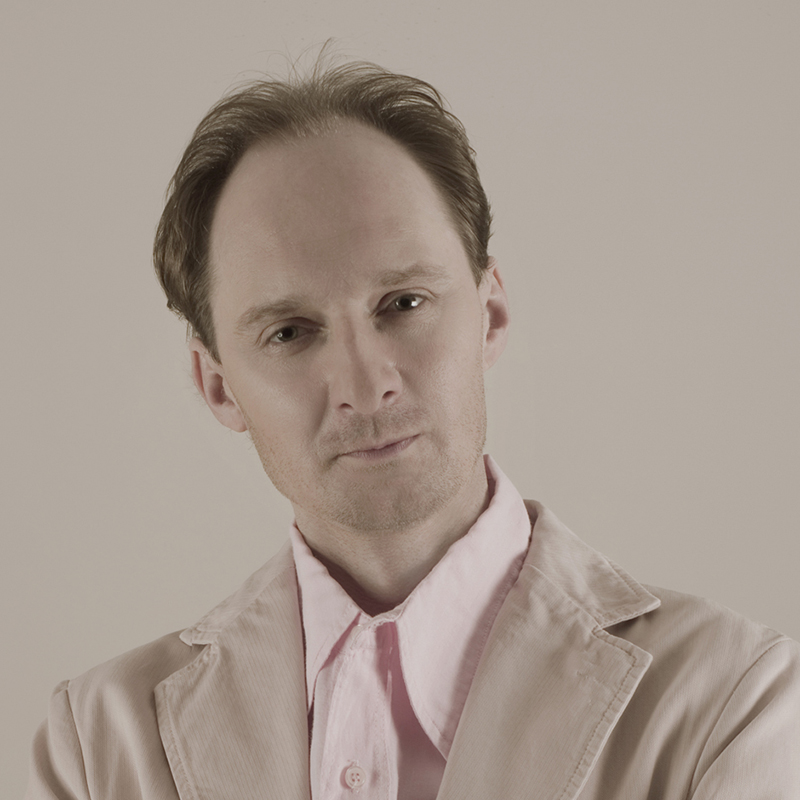Data publikacji w serwisie: 28 listopada 2022 r.
Otwarta rekrutacja na semestr wiosenny 2022/2023!

Z wielką przyjemnością ogłaszamy rozpoczęcie nowej rekrutacji na semestr wiosenny w roku akademickim 2022/2023!
Do wyboru jest 18 kursów w ramach grupy przedmiotów Liberal Arts and Sciences – kierunku, który również prowadzony jest na naszym uniwersytecie.
EPICUR łączy nie tylko studentów różnych krajów w ramach jednego konsorcjum ale także wykładowców, co jest unikalną szansą na wzięcie udziału w prawdziwie międzynarodowym doświadczeniu dydaktycznym.
Jednym z kursów oferowanych w nadchodzącym semestrze jest prowadzony przez Prof. UAM dr hab. Paweł Leszkowicz, który poprowadzi kurs Europe’s LGBTQ+ Histories, Cultures and Politics: A Comparative Global Perspective. Tak o swoim kursie pisze sam prowadzący:

“This course offers a comparative, transnational and intercultural approach to LGBTQ+ histories, cultures, identities, politics and rights in Europe. We will examine contemporary European histories of sexuality, love and rights, concentrating on questions of queer identities, freedom of expression, cultural representations, censorship and homophobic repression, state of democracy as well as the intersection of culture and the politics of emancipation. This European story will be related to parallel global developments in the late twentieth and twenty-first century. The historical cultural focus will be on visual arts, film, media, theater, pop culture and sexual politics since the 1960s, paying special attention to the contemporary situation in the EU and broader Europe in the 2020s. The diverse and contested status of queer rights in Europe will be emphasized and analyzed through the selected cases of cultural and political actions and activism–to demonstrate the constant cultural changes and challenges of queer emancipation. To inspire contextual and critical understanding of European identities, the EU anti-discriminatory legislation and its efficiency will be considered as well as the significant differences of LGBTQ+ rights in various part of Europe.”
Prof. Leszkowicz jest uznanym międzynarodowo historykiem sztuki oraz badaczem queer w sztuce, również współczesnej. Więcej na temat naukowej działalności naszego epicurowego wykładowcy znajdziecie tutaj.
Z pośród przedmiotów oferowanych przez naszych partnerów polecamy także unikalny w swojej formule, trzystronny kurs prowadzony przez wykładowców z KIT (Niemcy), AUTH (Grecja) oraz UAM pt. Critical Aspects of European History: Memory Wars in Media.
Tak o swoim kursie piszą jego prowadzący – Prof. Andreas Böhn – Karlsruhe Institute of Technology; Prof. Jannis Pangalos – Aristotle University of Thessaloniki; Prof. Maria Kavala – Aristotle University of Thessaloniki; Prof. Wiktor Werner – Adam Mickiewicz University:

(za: 24 05 2018 Warszawa.Polski Instytut Studiow Zaawansowanych-PIAST.Andreas Bohn.Fot.Jakub Ostalowski)
“The term ‘memory war’ is used to describe conflicts that relate to historical events and their role in actual contemporary discussions. As collective identity is based not only on objective conditions like a common language, but also on symbolic conditions like historical memory, memory wars often have to do with the formation of the collective identity of a group, be it a nation, an ethnic, religious, or linguistic minority, or a group that has suffered from discrimination in the past like women, African Americans, or homosexuals. They may also be the effect of strategies of empowerment of a (minoritarian or under-privileged) group through putting into doubt the mainstream of historical narratives that has focused on the majoritarian or privileged part of the population. Political factors play a major role in the process of identity creation by using cultural memory (historical policy), as well inside societies as between rivaling states (disputed memory). The course shall provide students with a basic introduction into scientific methods which allow us to analyze incidents of memory wars in literary texts, audiovisual media (film, TV) and social media (digital sources). These methods then shall be applied by students in the context of different key studies on critical aspects of European history. One example would be the historization and militarization of national identity through specific features of historical-literary narratives in contemporary (2000-2022) Russia. Particular attention will be paid to the history of Thessaloniki: The city’s polyethnic past in the framework of the Mediterranean would be one example. Media and literature on holocaust’s aftermath and German occupation of Greece would be other key studies.”
Jeśli jesteś zainteresowany/zainteresowana wzięciem udziału w EPICURowej przygodzie zapraszamy do zakładki EDUCATION, a w niej DLA STUDENTÓW, gdzie znajdziesz więcej informacji.
Nie przegap dat! Rekrutacja jest otwarta tylko do 16go grudnia, do godziny 12.